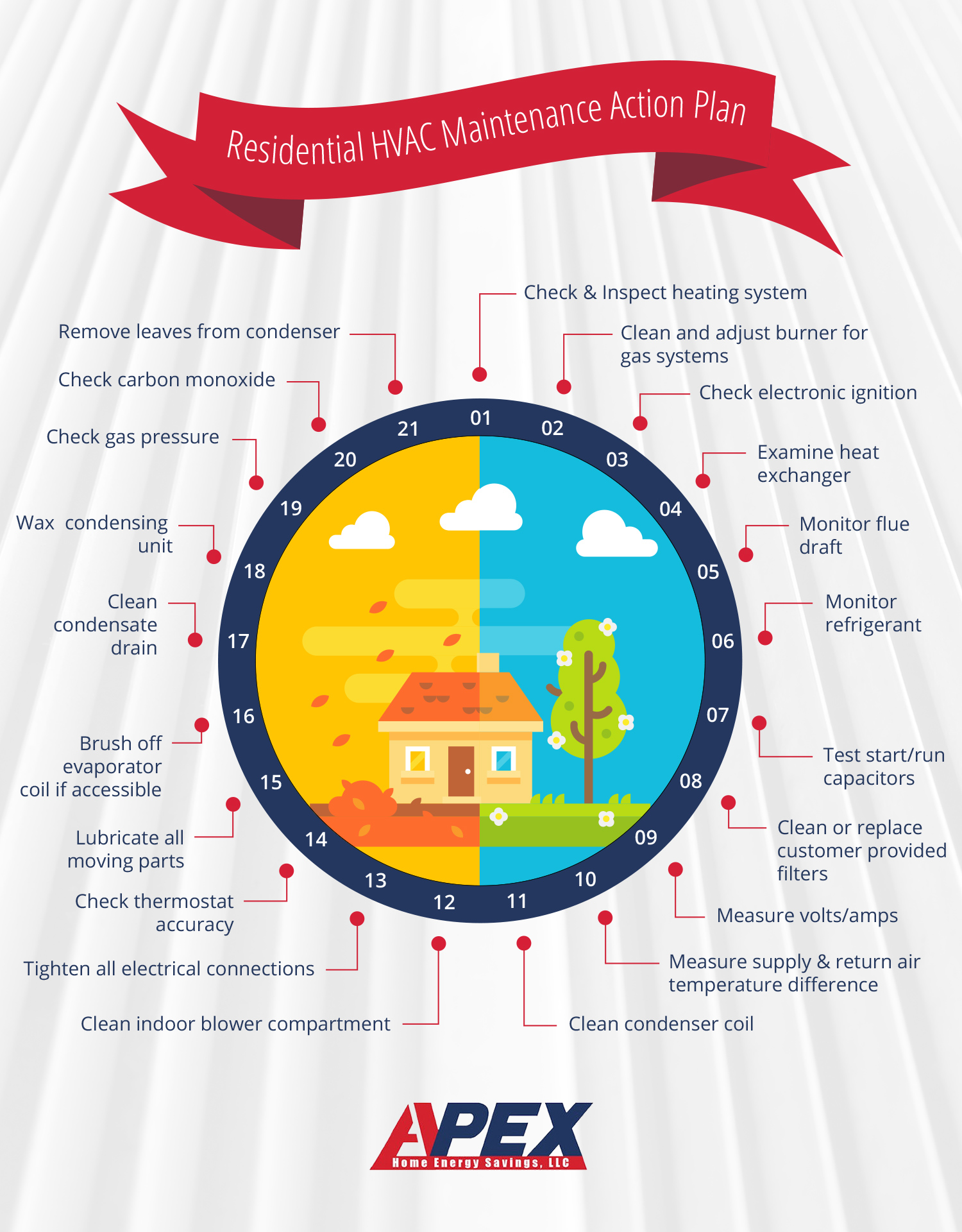When it concerns your heat pump, climate plays a critical duty in its performance. From freezing temperatures to sweltering heat, each aspect can influence exactly how efficiently your system operates. However what can you do to fight these weather-related difficulties and ensure your heatpump is operating at its finest? Remain tuned to find functional tips and approaches to optimize your heatpump's performance, no matter the weather conditions it encounters.
Weather Condition Variables Influencing Heat Pump Performance
Climate factors have a considerable impact on the efficiency of heatpump. One vital aspect is temperature. Heatpump function by moving warm from outdoors to inside throughout winter months and vice versa in summer. As temperatures decline, it comes to be harder for the heat pump to essence warmth from the outdoors air, minimizing its performance.
Another key element is moisture. High humidity levels can make it a lot more challenging for the heat pump to release heat during the cooling procedure.
Additionally, wind rate contributes. Solid winds can dissipate the heat absorbed or released by the heatpump, affecting its overall performance.
Tips for Optimizing Heatpump Efficiency
To enhance the performance and durability of your heat pump, implementing a few crucial approaches can make a substantial distinction in its efficiency.
Firstly, make certain routine maintenance by cleaning or replacing filters every 1-3 months to prevent airflow clogs and optimize airflow. Additionally, routine yearly specialist assessments to discover and address any type of possible issues early on.
Optimum thermostat setups also play a vital function. During the wintertime, aim for a temperature level setting that's as reduced as comfortable, and during the summer season, established it as high as comfortable to reduce the workload on your heat pump. Utilizing a programmable thermostat can assist you immediately change setups based upon your schedule.
Moreover, sealing mouse click the up coming article in ductwork and protecting ducts in unconditioned areas can stop power loss and boost total system effectiveness.
Lastly, think about mounting a wise thermostat that can learn your practices and adjust settings accordingly, more optimizing your heatpump's performance. By complying with these pointers, you can guarantee your heatpump runs efficiently and properly throughout the year.
Best Practices for Weatherproofing Your Heat Pump
For optimal efficiency and performance of your heatpump, applying weatherproofing measures is important. Begin by sealing any kind of gaps or fractures around doors, home windows, and ductwork to avoid warmth loss and maintain a constant interior temperature.
Insulate subjected pipes and air ducts to prevent cold throughout winter and ensure appropriate air movement. Take into consideration setting up a protective cover over the exterior system to secure it from extreme weather condition components like snow, ice, and debris.
Frequently clean the exterior unit to get rid of dirt, leaves, and debris that can block air movement and lower efficiency. Additionally, keep the area around the heat pump clear of snow, ice, and plant life to enable appropriate air flow.
Verdict
Now that you understand exactly how weather affects your heatpump efficiency, you can take proactive steps to enhance its effectiveness. By adhering to the ideas described in this post, such as normal upkeep, thermostat modifications, and weatherproofing steps, you can ensure that your heatpump operates at its ideal no matter the weather. Remain successful and maintain your home comfy all year round.
